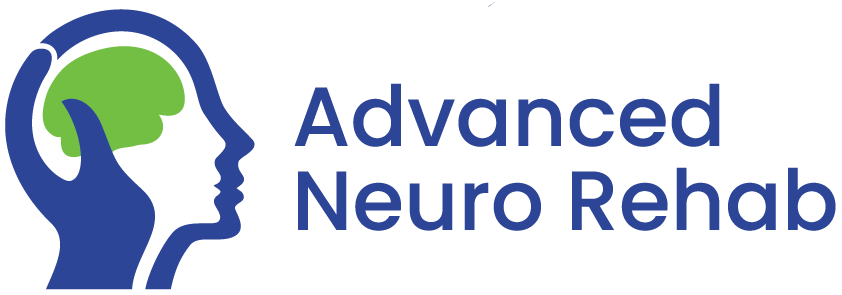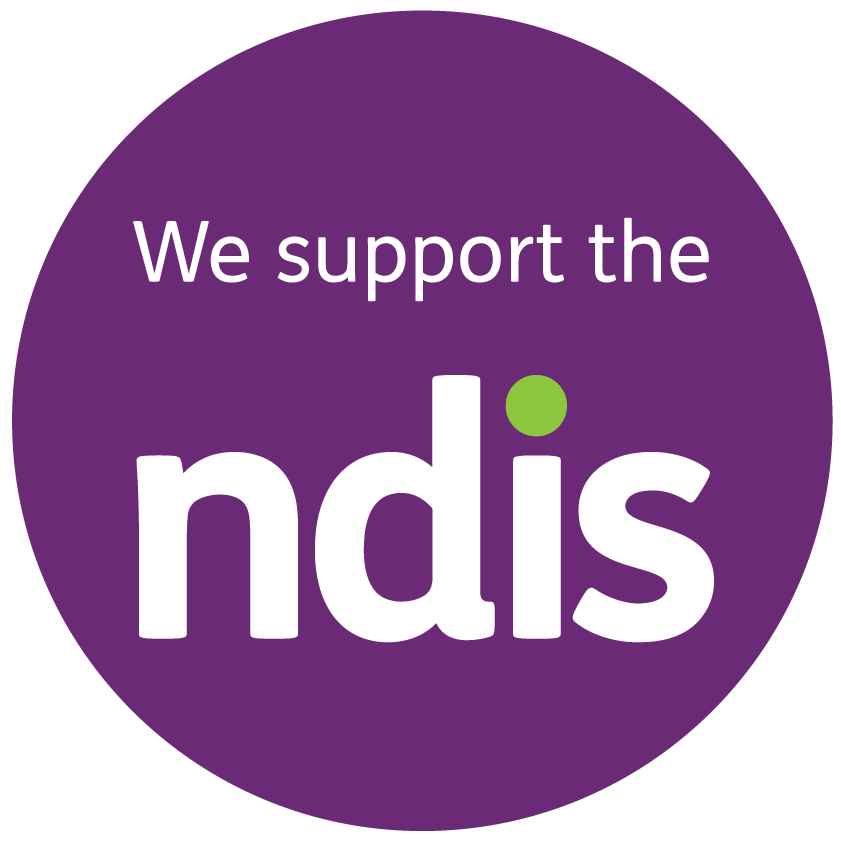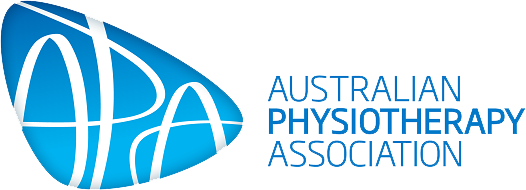Dizziness is an umbrella term used to describe a range of sensations, such as light headedness, feeling giddy or faint, woozy or unsteady. It is a notoriously tricky sensation for many people to describe, however it is very common!
In our last email, we discussed BPPV or otherwise commonly known as “Vertigo” which is one of the most common causes of dizziness… However, there are many other causes of dizziness that we see in the clinic on a regular basis.
As briefly touched on previously, there are many different structures and systems in the body that work with the vestibular system. If there is any disturbance or impairment to one of these structures or systems, it can lead to dizziness. The good news is, Neuro Physiotherapy can help with treatment to reduce and manage symptoms, improve your balance and enhance your vestibular system.
Cervicogenic Dizziness
Cervicogenic dizziness is a common cause of dizziness, often associated with neck pain.
It often presents as a feeling of imbalance, disorientation or unsteadiness, with neck pain which can result in reduced range of motion or even headaches.
The anatomy of the cervical spine (neck) is extremely complex. The function of our neck is not only to provide movement and support of our head, but also helps with orientation and awareness, eye coordination and movement as well as balance.
Cervicogenic dizziness is often caused by a dysfunction to our cervical spine, which may be the result of a traumatic injury such as whiplash, or by poor movement patterns such as poor posture. Cervicogenic dizziness can also be secondary to other issues such as an inner ear impairment.
As Neurological Physiotherapists, we can assess your neck including the range of motion, endurance and strength, proprioception (awareness of position) as well as other contributing aspects such as your thoracic function, inner ear, eye function and balance to identify where the deficits are, and provided you with guidance and education on the optimal management.
Vestibular Neuritis
Vestibular Neuritis, is an inner ear condition, characterised by irritation to the vestibular nerve. It often occurs suddenly, and can present very similarly to vertigo, accompanied by nausea and vomiting. It can be extremely distressing in severe cases. Medical input can be helpful, such as cortico-steroids to help reduce inflammation within the inner ear, or anti-nausea medication to help suppress symptoms, however, vestibular rehabilitation is the most effective treatment and management of symptoms long term.
Common symptoms of vestibular neuritis are often described as the room spinning, nausea, motion sickness when still, uncontrolled eye movement, loss of balance, ear pain, hearing loss or tinnitus (ringing of the ears).
Vestibular rehabilitation consists of your Neurological Physiotherapists providing support and guided progressive exercises to help treat the condition. These exercises may consist of eye movements, with or without head movement and balance re training.
Meniere’s Disease
Meniere’s Disease is a disorder of the inner ear, caused by abnormal build up of fluid inside the inner ear, disrupting the usual functions.
Symptoms include vertigo and dizziness, nausea, vomiting, tinnitus, gradual hearing loss or a feeling of fullness within the ear. Symptoms often present episodic, or as an attack varying from 10 minutes to several hours. With these attacks, you may also experience a loss of balance and mild hearing loss.
There is no known cause of Meniere’s Disease, however symptoms can be effectively managed with medications or medical procedures, which are guided by an Ear Nose and Throat Specialist. In addition, it is very important to engage in balance and vestibular rehabilitation, to help reduce the risk of falls, reduce symptoms of vertigo and dizziness and improve your balance.
Dizziness can be a scary experience, but the good news is; dizziness can usually be explained and resolved with specially trained Neurological Physiotherapists.
Our physiotherapists at ANR are ready to answer any questions you have about your dizziness, and help you on your road to recovery! We are more than happy to explain the likely cause of your dizziness in a way that makes sense, and we can also report our findings to any relevant health professional such as your GP and medical specialist.







